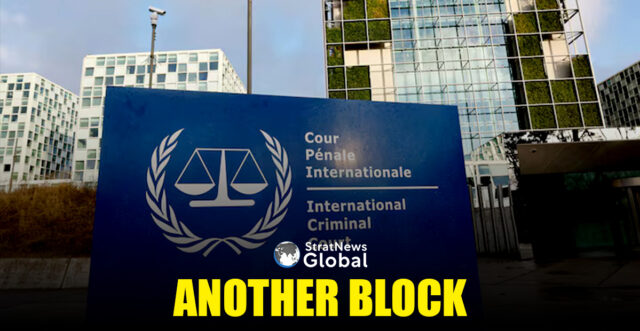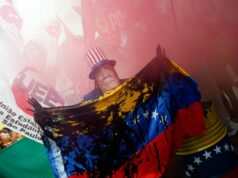In a noteworthy development, a federal judge on Friday halted the enforcement of US President Donald Trump’s executive order that sought to penalise individuals and entities engaging with the International Criminal Court (ICC), marking a legal setback for the administration’s stance against the tribunal.
The ruling comes in response to a lawsuit filed in April by two prominent human rights advocates, who had challenged President Donald Trump’s executive order issued on February 6. The controversial order had authorised the imposition of sweeping economic and travel sanctions on individuals involved in International Criminal Court (ICC) investigations concerning US citizens or its close allies, including Israel.
Unconstitutional Infringement On Free Speech
In her ruling, US District Judge Nancy Torresen called the executive order an unconstitutional infringement on free speech.
“The executive order appears to restrict substantially more speech than necessary to further that end,” she wrote.
“The executive order broadly prohibits any speech-based services that benefit the prosecutor, regardless of whether those beneficial services relate to an ICC investigation of the United States, Israel, or another US ally.”
The White House and the ICC did not immediately respond to requests for comment.
British Prosecutor Targeted
The executive order had imposed direct sanctions on ICC Prosecutor Karim Khan, a British national. In addition, the US Treasury Department’s Office of Foreign Assets Control (OFAC) officially listed him on its registry of sanctioned individuals and entities, effectively subjecting him to financial restrictions and a travel ban under US jurisdiction.
As per the executive order, US citizens who offer any form of support or services benefiting Karim Khan or other individuals placed under sanctions could be subjected to both civil and criminal penalties.
The order has drawn widespread condemnation from the International Criminal Court (ICC) as well as from dozens of countries, who view it as an attempt to undermine international justice and intimidate those pursuing accountability for war crimes and other serious offences.
(With inputs from Reuters)





